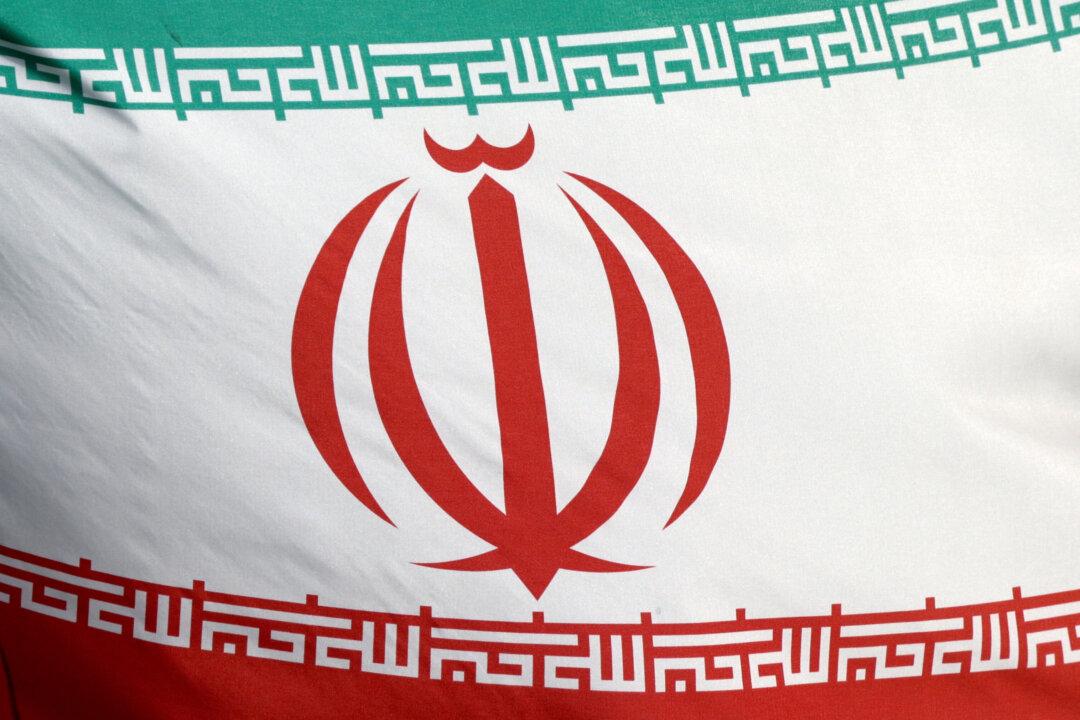U.S. and Iranian officials clashed on Friday over what sanctions the United States should lift to resume compliance with the 2015 nuclear deal, with Washington predicting an impasse if Tehran sticks to a demand that all sanctions since 2017 be removed.
The two nations laid out tough stances as indirect talks in Vienna on how to bring both back into full compliance with the agreement wound up for the week.





